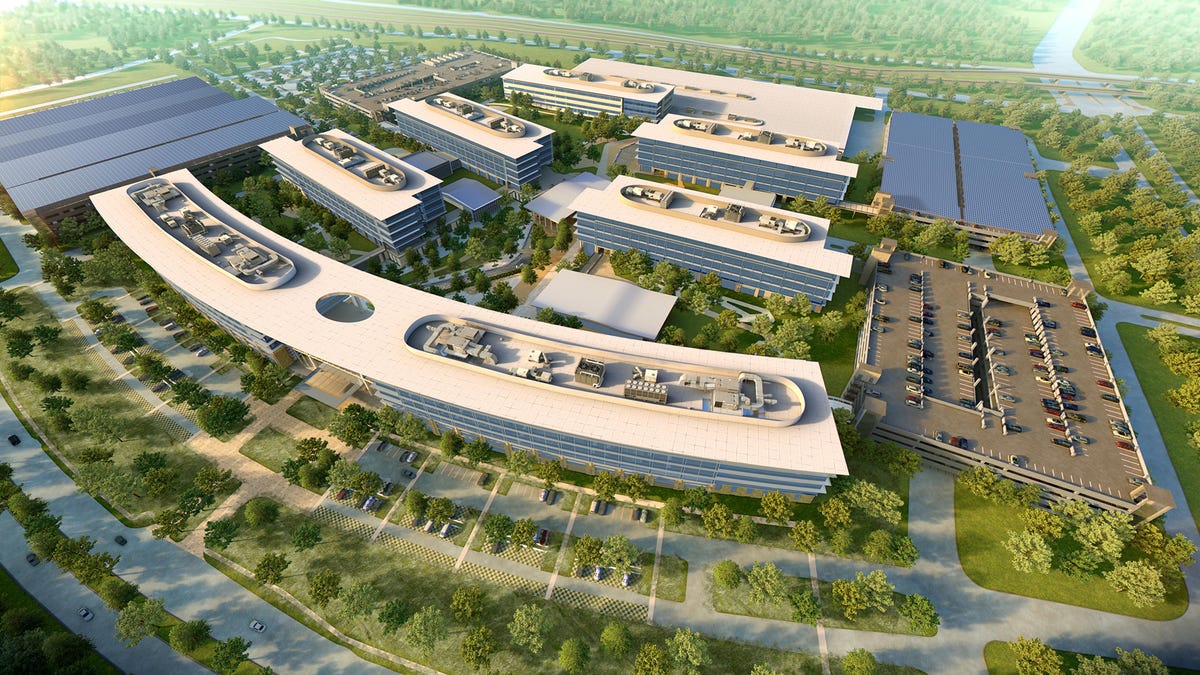Toyota dabbles in city planning, will sell hydrogen fuel-cell bus in 2017
The bus is but one part of the automaker's grand plan for improving mobility around the world.

As transportation becomes increasingly connected to the surrounding environment, automakers are doing what they can to ensure improvements across all types of mobility. Toyota is doing its part by extending its reach into public transportation.
The Japanese automaker is in the process of setting up a massive new headquarters in Plano, Texas, and it's working with surrounding cities to draft up plans for improving transportation offerings, Automotive News reports. A large-scale study is in the works that seeks to find ways to reduce congestion and increase the use of public transportation.
For example, Toyota gave the Dallas Area Rapid Transit District a $1 million grant to prop up a shuttle-bus service that provides transportation for disabled and elderly citizens who need help getting to doctor appointments. Instead of relying on a dedicated bus, which may not align with everyone's schedules, those who use the program receive taxi vouchers for on-demand trips.
Toyota's solutions extend beyond both grants and Texas. Starting in 2017, the automaker will sell a Toyota-branded bus, which uses hydrogen fuel-cell technology to produce electricity, with water as its only byproduct. Toyota hopes to roll out over 100 buses in the Tokyo area ahead of the 2020 Olympics. With a massive 235 kWh battery, the buses will be able to function as power generators in the event of a disaster. It's unclear if the buses will ever make it to the US.
The company's mobility efforts extend beyond the company itself. Toyota spun off the Toyota Mobility Foundation two years ago, which works with nonprofits, governments and academics to advance urban transportation and personal mobility, including the so-called "last mile," which is the space between the bus stop and the office. No matter the arena, Toyota approaches it from a collaborative angle.
"The philosophy that we have is really all about this idea of shared value," Latondra Newton, chief program officer for Toyota Mobility Foundation, told Automotive News. "We can actually do great things with others in society and make a significant impact, but also bring value back into our business."

